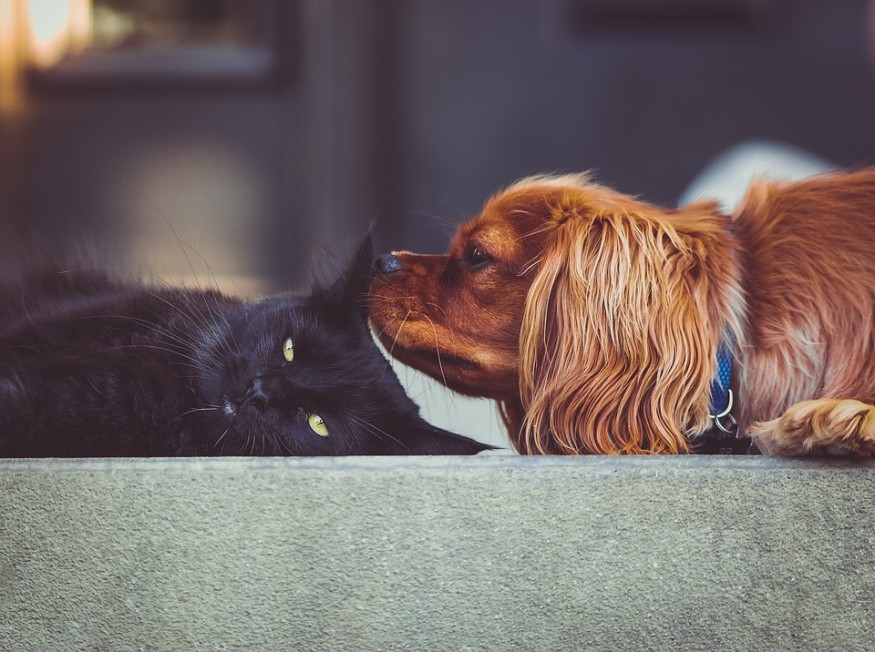
A second dog in the same house tested negative. Hong Kong's Agriculture, Fisheries, and Conservation Department also reported that a German Shepard also tested positive for COVID-19 on Thursday while its companion dog at home, a mixed dog, tested negative.
Dr. Dana Varble, the chief veterinary officer for the North American Veterinary Community, clarified that they do not know what the Pomeranian dog died of because no autopsy was done. The dog, according to Varble, was extremely old and had multiple underlying health conditions.
"There is currently no evidence that pet animals can be a source of COVID-19 for humans or that this virus can cause the disease in dogs", the spokesperson from Hong Kong's Agriculture, Fisheries and Conservation Department said.
Varble emphasized that the likelihood of dogs and cats contracting the novel coronavirus is extremely low at this time, citing a recent test of thousands of household pets for COVID-19 by a veterinary diagnostic company. The test found no positive results in pets.
Pet owners ask, is there no scenario where one might contract the virus from a pet?
Per Infectious disease expert, Dr. William Schaffner, a professor of preventative medicine and infectious disease at Vanderbilt University School of Medicine in Nashville, the transmission is possible. If a person has the virus in his nose rubs his nose, passed the virus in his hand, and then pets the dog, then the virus could be transmitted. Then another member of the family pets the same dog in the same place and then rubbed their nose, the virus is again transmitted.
However, in a home with a COVID-19 positive patient, the risk factor would be the sick human, not the pet, he added.
In response to the outbreak and reports of pet abandonment in China, the World Small Animal Veterinary Association Scientific (WSAVA), a global community of veterinarians, released a statement last March 20. The statement maintains that there is limited evidence that companion animals can be infected with COVID-19. There is also no evidence that pet dogs or cats can cause COVID -19 to other animals or to humans. The group, however, emphasized that this is a rapidly evolving situation and information and may change in time.
For people with confirmed with COVID-19, WSAVA reiterates the CDC's advice to restrict contact with pets and other animals while sick, just like one would avoid other people.
If possible, another member of the household should care for the animal while sick.
Petting, snuggling, being kissed or licked and sharing food while diagnosed with COVID-19 should be limited.
Should caring for the pet while sick is necessary, good hygiene practices such as washing hands before or after pet interaction and the wearing of face mask are recommended.
In areas where the novel coronavirus is active, it is advised that pet owners should refrain contact with animals they are unfamiliar with and wash hands after the interaction should contact with the pet is necessary.
© 2025 NatureWorldNews.com All rights reserved. Do not reproduce without permission.





